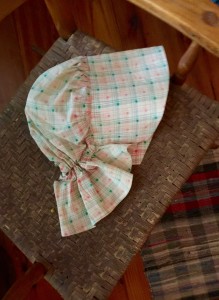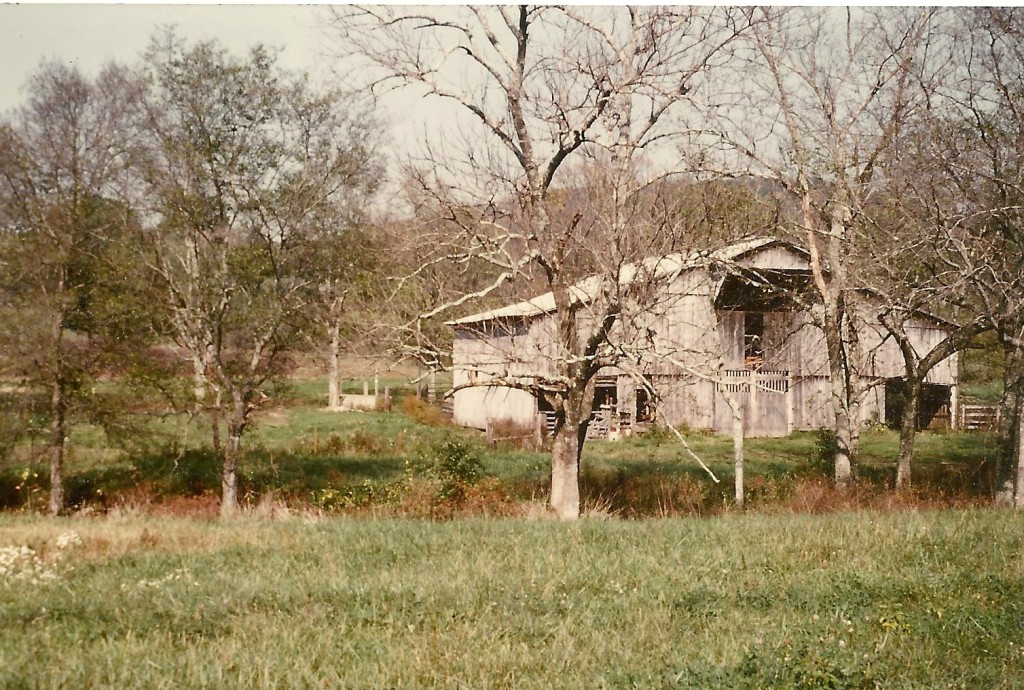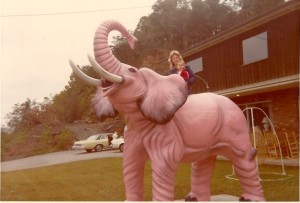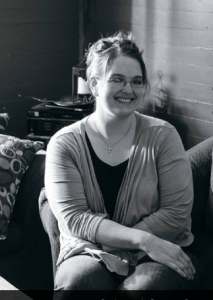As a kid, I always thought it was odd that my grandparent’s house had its own name.
When my siblings and I piled into mom’s red minivan to drive the five winding hours to the South Carolina Lowcountry, we weren’t just headed to “Mimi and Pop’s house”—we were bound for the oyster-shell driveway of “Marshlands.”
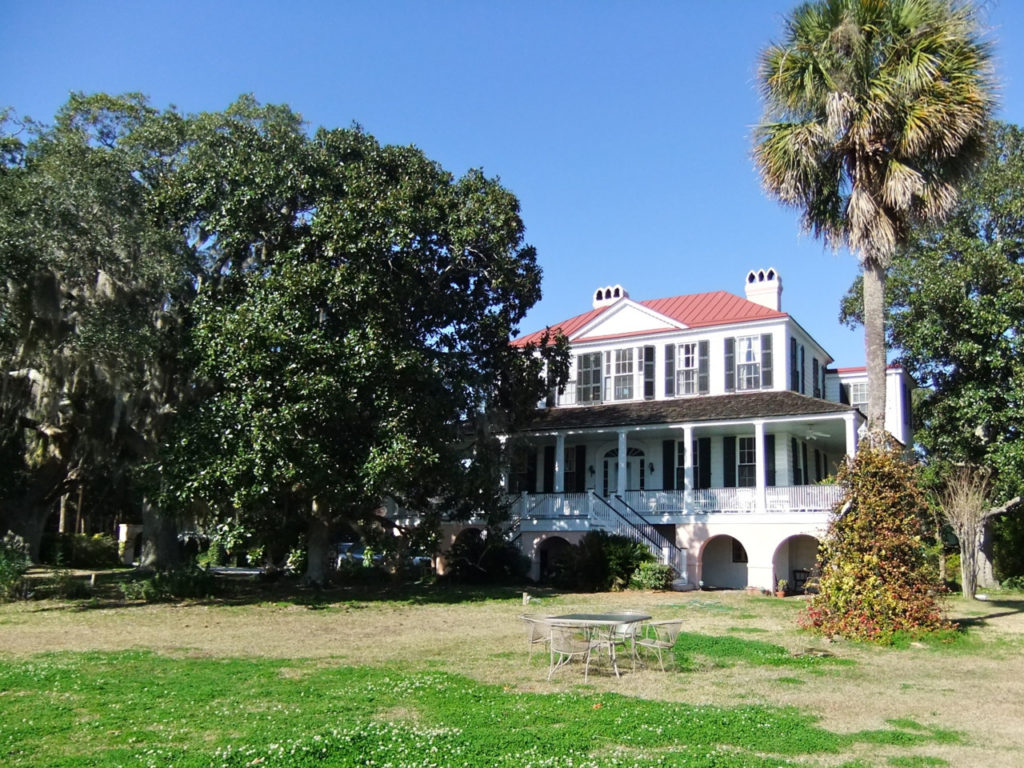 Marshlands dripped with history. Huge oak trees, strung with Spanish moss, seemed to have been rooted in the front yard since Earth’s creation. A plaque on the ivy-draped front gates declared the house a National Historic Landmark due to its early 1800s construction and its use as a hospital during the Civil War.
Marshlands dripped with history. Huge oak trees, strung with Spanish moss, seemed to have been rooted in the front yard since Earth’s creation. A plaque on the ivy-draped front gates declared the house a National Historic Landmark due to its early 1800s construction and its use as a hospital during the Civil War.
Inside, among antique furniture and fraying Turkish rugs, I found artifacts of more recent, familial history—pictures of my parents smiling on their wedding day, newspaper clippings about Mimi’s real estate business and Pop’s run for lieutenant governor, photo albums of my older cousins as toddlers, always at least one caught red-faced and wailing in the camera flash. Pop’s reluctance to throw anything away (a tendency born from his depression-era childhood, perhaps) even made the fridge an excavation site for expiration dates gone by.
To me, the exact dates and details of Marshlands’ past didn’t seem especially relevant. But the house’s musty oldness—hinting at stories of antebellum balls, of wounded soldiers, of my mother’s teenage years—added to my certainty that Marshlands was magical. It seemed like the kind of house where all the stories I read started. Surely I would find a hidden room if I just pushed some hidden knob on the fireplace or tugged on the right dusty, leather-bound book on the shelves lining the study. I knew the massive wardrobe upstairs would lead me to Narnia, though I was too intimidated to get close enough to pass through. The giant vase in the back yard (an actual relic from the filming of The Jungle Book in the nearby Sea Islands) sent shivers down my spine in the best possible way, as I envisioned the cursed rubies and gold coins that must lie at the bottom.
Marshlands had its own sort of everyday magic, too, in the way that only familiar childhood places away from home can. Much of that magic came from Mimi, who was unfailingly gorgeous and refined with her red lipstick, perfect makeup, and elegant Southern accent. She served us lemonade and iced tea on the porch, taught us to play rummy, and took us to Boombears, the nearby toy shop that (coincidentally?) went out of business shortly after Mimi’s 18 grandkids passed the age of Beanie Babies obsessions.
Even after Mimi got sick, some of the childhood magic of Marshlands lingered. My siblings and I still climbed on the low-hanging branches of the oak trees and bounced on the trampoline with rusty springs. Mimi still served lemonade and rum cake (with increasing portions of rum as her eyesight dwindled). Pop still snored in front of TV college football, and woke up to protest when anyone changed the channel.
But when we left, my mom would cry—not “sad to leave” kind of tears, but tears of a sort of loss I couldn’t quite understand. I was a preteen who had never watched someone close to me slowly slip away.
After Mimi fell and broke her wrist, my mom and her siblings decided to move Mimi and Pop to a one-story house in my uncle’s neighborhood. They rented out Marshlands to strangers for a few years.
The next time I went into Marshlands was for the luncheon after Mimi’s funeral. Nothing had changed—and everything had changed. The gold-patterned wallpaper remained. The old books. The dust and faintly musty smell. But the house’s magic was harder to find. In the years since I’d been in the house, I’d gone off to college and started paying my own bills. I’d forgotten the rules for rummy. I’d realized that the wardrobe upstairs only held mothballs and fur coats.
After cleaning up from the luncheon, my cousins and I climbed into the attic and tried on Mimi’s old ballgowns. We each took a few pieces of jewelry. One cousin pocketed Mimi’s iconic red lipstick.
A few years later, we celebrated that same cousin’s wedding on Marshlands’ lawn. We watched her walk down the aisle between the oak trees we’d climbed as kids, then sipped champagne under the huge reception tent that had temporarily displaced the rusty-springed trampoline. Pop joined us on the dance floor for a shuffling Carolina swing, taking my cousin by the hand as the band played “My Girl.” Just before the newlyweds drove off in Pop’s antique car, we all lit lanterns that sailed past the trees and over the house’s red roof, creating a new kind of magic.
* * * * *
 Dargan Thompson is a freelance writer and editor based in Orlando, Florida. Other than one glorious semester studying abroad in London, she has always lived in Florida, and she finds the Orlando airport quite accommodating for her frequent travels. Find her online at darganthompson.com or on Twitter @darganthompson.
Dargan Thompson is a freelance writer and editor based in Orlando, Florida. Other than one glorious semester studying abroad in London, she has always lived in Florida, and she finds the Orlando airport quite accommodating for her frequent travels. Find her online at darganthompson.com or on Twitter @darganthompson.


